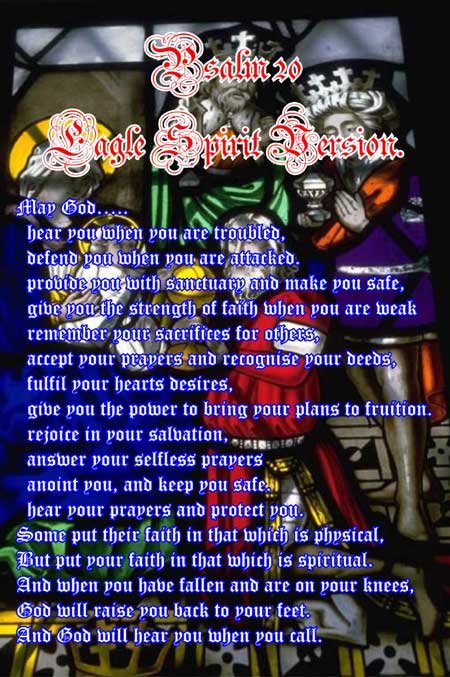
 |
||
 |
|||||
|
|
|||||

|
|||||
IV 93-6. |
|||||
|
Our only important information concerning this rather enigmatic deity is the text of Herodotus quoted below. The scholars have interpreted Zalmoxis as a Sky-god, a god of the dead, a Mystery-god, etc. |
|||||
 |
|||||
|
The Thracians of Salmydessus and of the country above the towns of Appolonia and Mesambria, who are called Cyrmaianae and Nipsaei, surrendered themselves unresisting to Darius; but the Gatae, who are the bravest and most law abiding of all Thracians, resisted with obstinacy, and were enslaved forthwith. |
|||||
 |
|||||
|
Once in every five years they choose by lot one of their people and send him as a messenger to Salmoxis, charged to tell of their needs; and this is their manner of sending: Three lances are held by men thereto appointed; others seize the messenger to Salmoxis by his hands and feet, and swing and hurl him aloft on to the spear-point. It is while the man yet lives that they charge him with the message. Moreover when there is thunder and lightning these same Thracians shoot arrows skyward as a threat to the god, believing in no other god but their own. |
|||||
 |
|||||
|
Now the Thracians were a meanly living and simple witted folk, but this Salmoxis knew Ionian usages and a fuller way of life than the Thracian; for he had consorted with Greeks, and moreover with one of the greatest Greek teachers, Pythagoras; wherefore he made himself a hall, where he entertained and feasted the chief among his countrymen, and taught them that neither he nor his guests nor any of their descendants should ever die, but that they should go to a place where they would live for ever and have all good things. When this was finished, he vanished from the sight of the Thracians, and descended into the underground chamber, where he lived for three years, the Thracians wishing him back and mourning him for dead; then in the fourth year he appeared to the Thracians, and thus they came to believe what Salmoxis had told them. |
|||||
 |
|||||
| Translation by A.D. Godley, in the Loeb Classical Library, vol II (New York, 1938) |
|||||
 |
|||||
 |
|||||

|
|||||
|
|||||